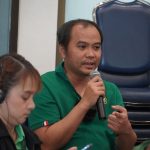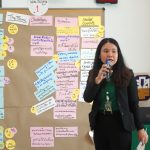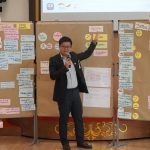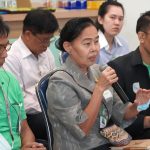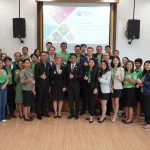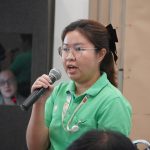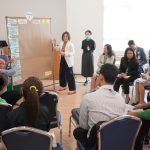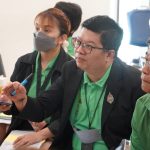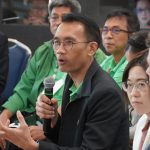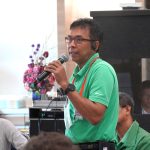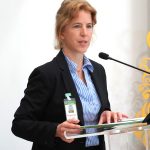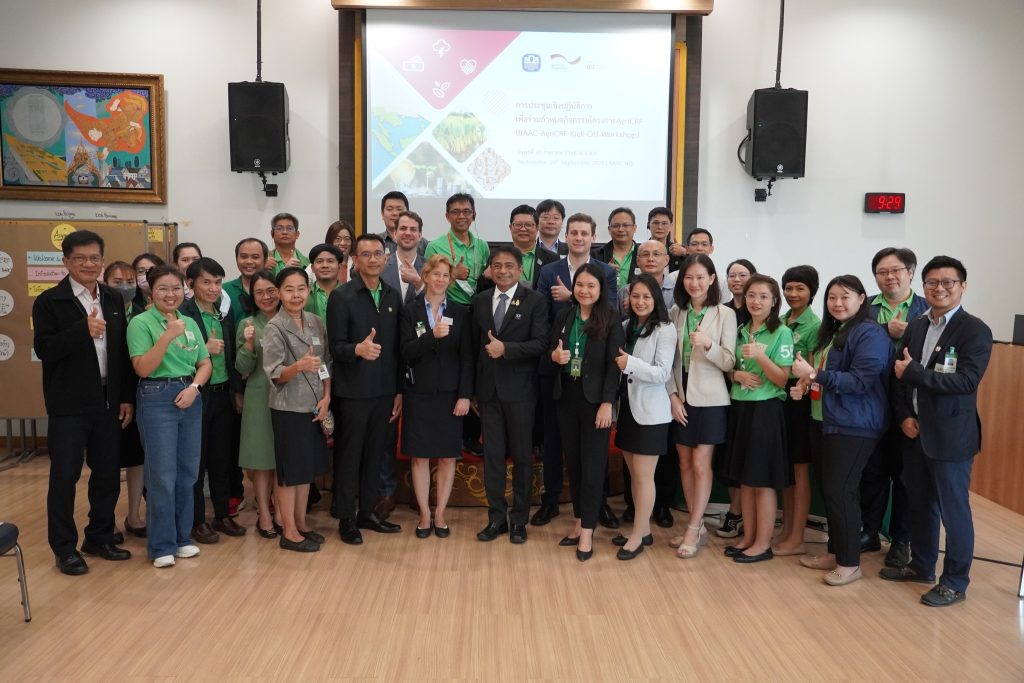
The Bank for Agriculture and Agricultural Cooperatives (BAAC) and GIZ launched the first joint workshop to enhance and anchor the development of climate risk financing and innovative financial tools for enabling smallholder farmers to boost their livelihoods and resilience to climate change.
A one-day brainstorming session held through the “Innovative Climate Risk Financing for the Agricultural Sector in the ASEAN Region Project” (AgriCRF) marked the groundwork collaboration between the two agencies. Commissioned by the German Federal Ministry for Economic Cooperation and Development, this three-year project is aimed at improving climate resilience, promoting gender equality and availability of financial products regarded as the three key solutions to sustainable agriculture.
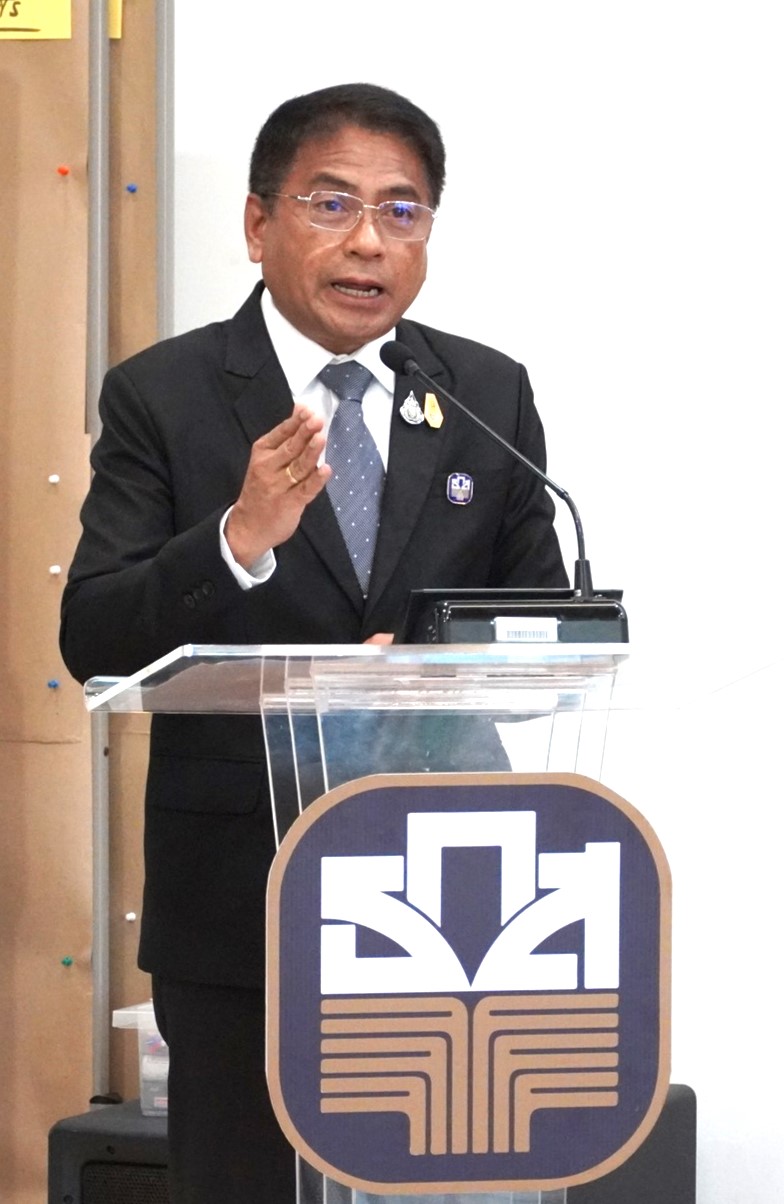
Up to 30 agricultural finance and crop insurance experts from the two agencies attended the workshop after BAAC and GIZ signed the Memorandum of Understanding (MoU) last March. Together, the agencies will enhance capacities of not only BAAC staff but over four million-Thai farmers who are BAAC clients to access financial resources essential for adapting themselves to become more climate resilience.
To scale up technical capacity and readiness for BAAC staff and smallholder farmers’ access to climate risk financing and green agricultural finance, both agencies will take further steps upon implementation of the following to aligning with the MoU framework and the AgriCRF work packages:
- Development of financial knowledge management approach integrating climate risk financing and capacity building for BAAC staff and smallholder farmers
- Increase availability of innovative climate risk management, green financial tools which are applicable to and aligned with Thailand’s Bio-Circular-Green Economic Model
- Feasibility analysis to pilot index-based crop insurance products and application to the InsuResilience Solutions Fund (ISF)
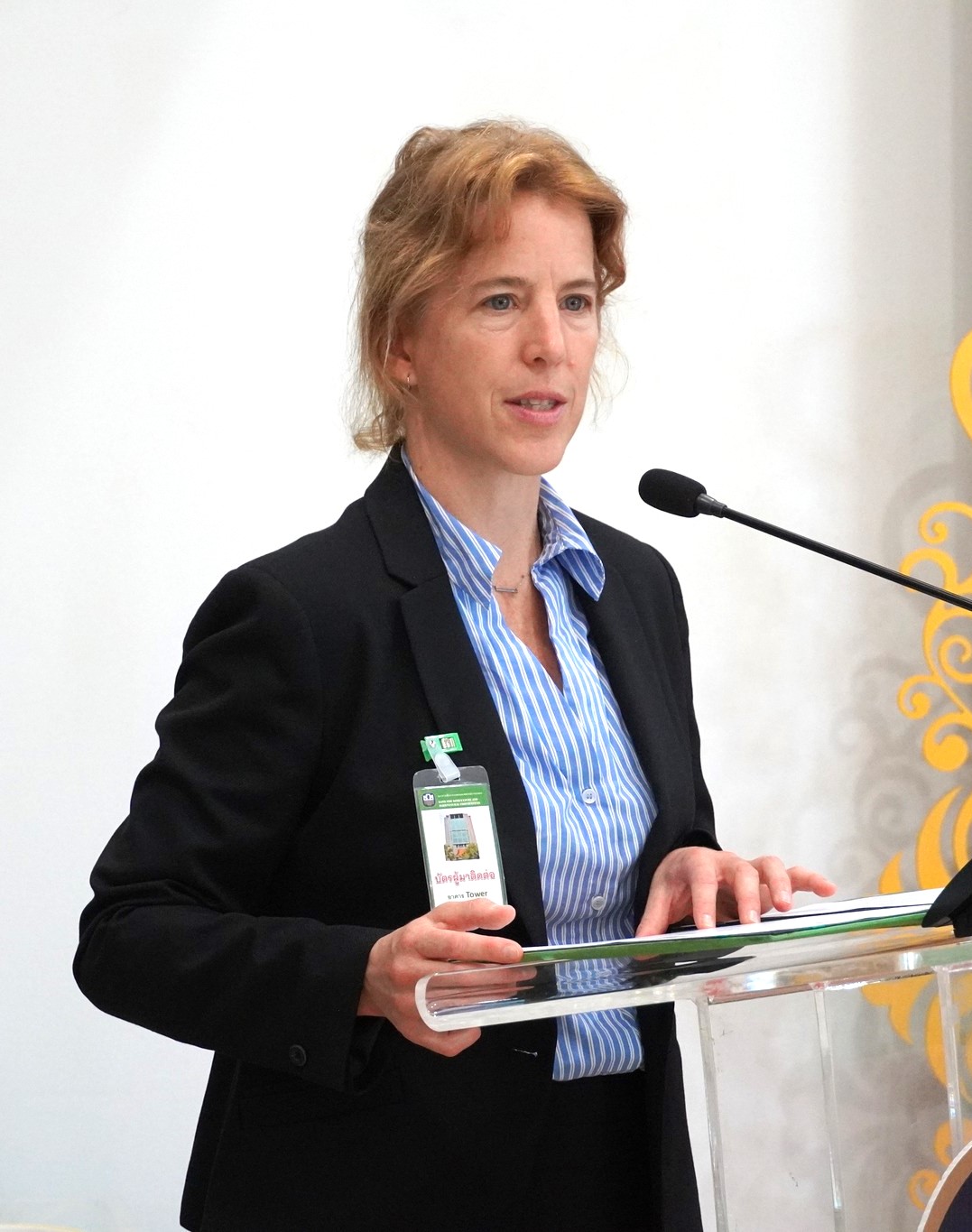
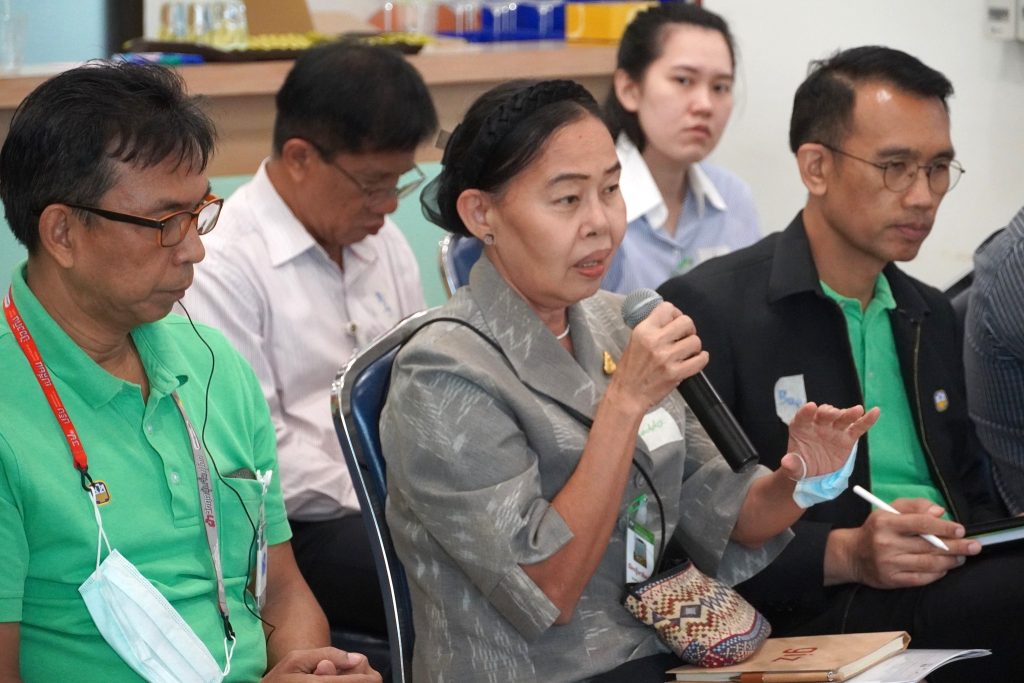
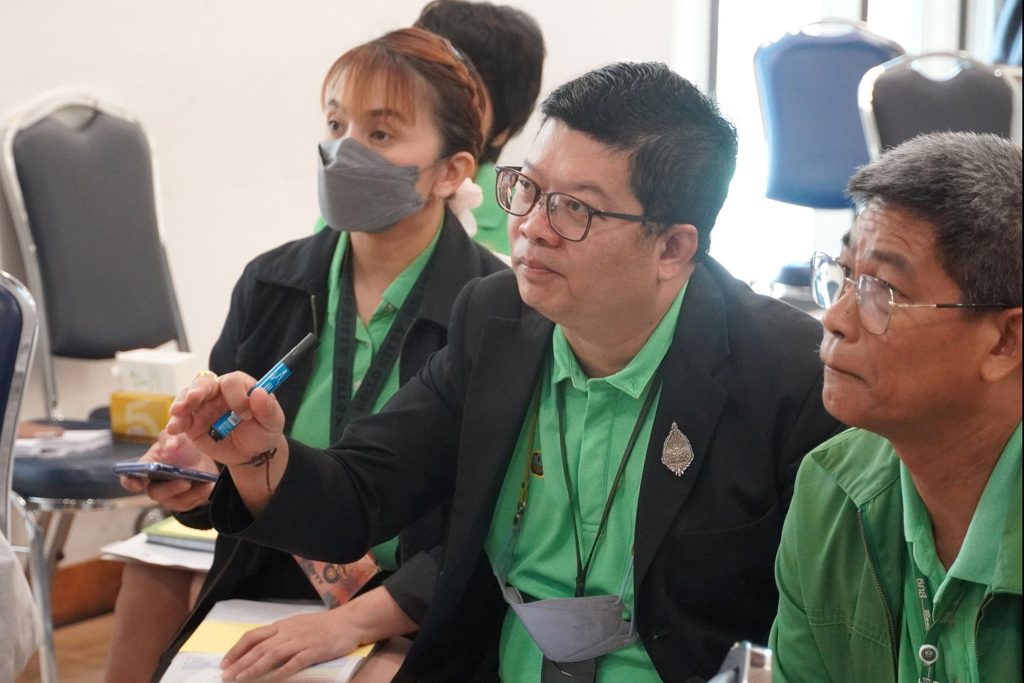
During the morning breakout session, participants learned about the necessity of climate risk financing tools for smallholder farmers in Thailand and actively shared their inputs and recommendations on how to implement the project and drive forward the initiatives following the proposed work packages. The afternoon session focused on knowledge exchange with a financial expert from the German Sparkassenstiftung (German Government Savings Bank) for International Cooperation (DSIK) on climate risk management tools for the financial sector. Afterwards, there was an exchange on interest and possibility of upscaling and accessing international funds targeting crop insurance as climate risk management for smallholder farmers.
The suggested work packages were drawn from the initial suggestions gathered from the AgriCRF National Stakeholders Kick-Off workshop in March this year, where the event collected ideas from public and private agencies in agriculture, finance, insurance and the technology sector. In addition, the BAAC executive management and representatives from GIZ Thailand previously went on a study visit to Germany-based public, academic, and private institutions in the field of sustainable, green and climate finance in the agricultural sector in May. The field trip provided a team of delegates with expertise on innovative instruments and business models for green finance and sustainable agriculture, and especially climate-smart agriculture. ■

